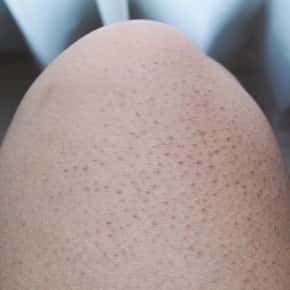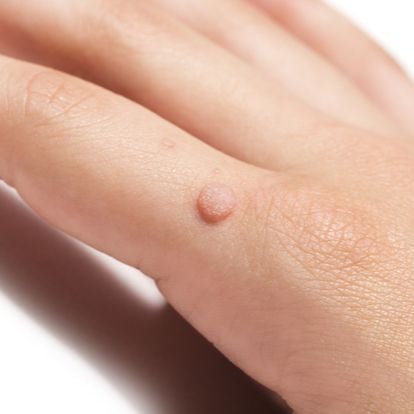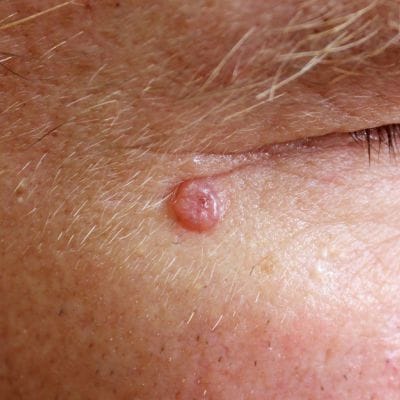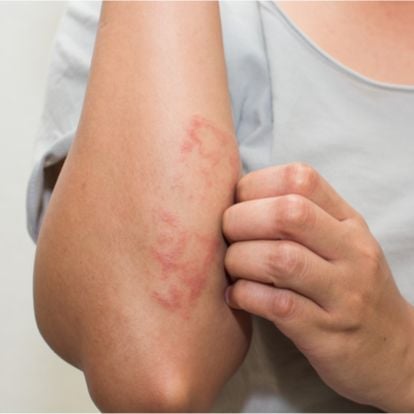Keratosis Pilaris


Some skin conditions are painful and highly contagious. On the other hand, there are skin conditions that are completely normal, not painful, and will go away without medical intervention. One example of this skin condition is Keratosis Pilaris.
What is Keratosis Pilaris?
Keratosis Pilaris is a common skin condition that is often harmless and doesn’t hurt or itch. This skin condition can cause dry patches and tiny bumps often found in the upper arms, buttocks, thighs, or cheeks. The main thing about this condition is that it is a normal part of your skin that cannot be prevented or cured.
Since this condition is not harmful, the presence of Keratosis Pilaris can mostly affect the physical appearance of your skin. Moisturizers and creams can help with the appearance of bumps, and they usually clear on their own when you reach the age of 30. This skin condition can affect people of all ages but is most commonly seen in children.
Common symptoms of Keratosis Pilaris:
- Tiny, painless bumps
- Dry skin surrounding the tiny bumps
- Can get worse when the weather changes, especially with low humidity
- Bumps can be rough, often likened to sandpaper
The primary cause of Keratosis Pilaris is the buildup of keratin, a hard protein that protects the skin. Keratin can protect skin from infection and harmful substances.
Keratin buildup can be caused by people suffering from genetic diseases and is common in people diagnosed with atopic dermatitis. If you suffer from Keratosis Pilaris, having dry skin will worsen.
How is Keratosis Pilaris Diagnosed?
If you suspect that you or your child is suffering from Keratosis Pilaris, a trip to the doctor is not needed, but you can consult your dermatologist for a recommended course of action. It is important to not self-diagnose even if you think you have it because it can be a completely different thing that is not related to Keratosis Pilaris.
A visual examination by a dermatologist is necessary for proper diagnosis. With Keratosis Pilaris, there is no need for laboratory or specimen testing.
Common Treatments for Keratosis Pilaris
Since Keratosis Pilaris usually goes away on its own, your dermatologist will usually recommend topical creams to improve the appearance of your skin. These creams can help remove dead skin cells and help moisturize your skin. The typical creams you can use are hydroxy acid, lactic acid, or salicylic acid. Some creams require a prescription, so it is important to consult your dermatologist.
Your dermatologist can also recommend creams or lotions that can prevent clogged hair follicles which can also cause Keratosis Pilaris. This can help renew your skin cells. Examples of these types of creams include Tretinoin, Tazarotene, and Tazorac. Some of these creams are not recommended for pregnant women, so if you are pregnant, your dermatologist might delay the prescription of some creams.






